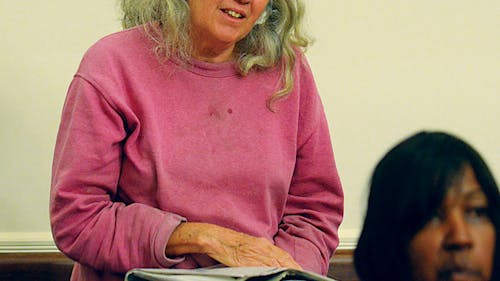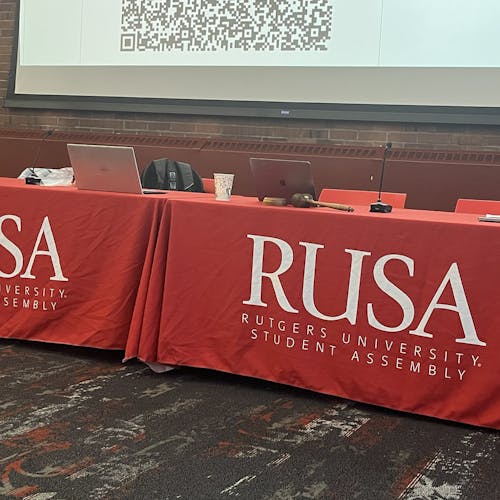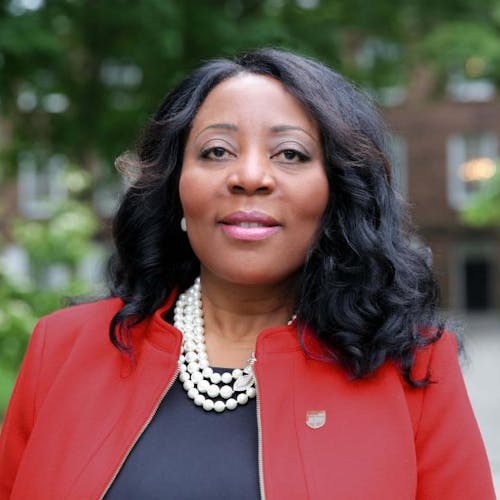Council discusses city’s curb waste pick up policy

The City Council of New Brunswick brought forth an amendment last night addressing the revision of the City of New Brunswick Chapter 8.40, “Solid Waste Collection and Disposal,” which will effect bulk trash pick-up during the end of the spring semester when students move out.
The ordinance, although tabled to Oct. 19 by Council President Robert Recine, will affect students living off campus during the move-out period. This is the second time the issue was not put to vote, after being tabled to yesterday during an early August meeting.
“We have had a lot of public awareness on this issue, and we have not met with the student advisory board,” said city attorney William Hamilton in reference to the joint University-city council. “The moratorium is still something to look at, not only by the mayor but also the student board.”
If the ordinance is passed, the city will not pick up bulk materials during the 30-day moratorium period from May 10 to June 10.
The purpose of the ordinance is to eliminate the $40,000 cost burden to the city and problem of the sightlessness associated with the end of the college clean out of privately owned housing, according to the amendment.
From about mid-May to mid-June, the amount of solid waste put at the curb increases compared to the rest of the year, and most of the increase in volume is due to bulk waste.
“Equipment and bulk material” refers to furniture, box springs, mattresses, doors, windows, countertops, cabinets, rugs, wood, non-recyclable plastic products and other material similar in mass, but will not include household appliances, scrap metal, tires, metal pipes, motor parts, batteries or other machinery.
The board will use the student email network to contact students about the moratorium and is working with the University to establish donation collections and have options for students to aid in private disposal of trash, Councilman Jimmie Cook said.
“There is still some discussion left to be held,” Councilman Joseph Egan said.
The city has also talked about hiring additional sanitary health directors, public education campaigns for landlords and tenants to coincide with the tenant right reforms from late April to June, Cook said.
Cook said he wants to give the city the opportunity to reach the maximum fine, which could rise as high as $2,000, but the issue is still under discussion.
Adoption of this ordinance would address public health, safety and welfare concerns in relation to the bulk stock piling.
“The bulk waste placed at the curbside during this period often impairs the safety and well-being of the public, as bulk items are often piled so that they block sidewalks, block on-street parking spaces and have sharp, broken pieces that are hazardous to pedestrians,” according to the amendment.
Mary Klimick, a New Brunswick resident, said the trash moratorium, if passed, would be detrimental to the city.
“New Brunswick relies on Rutgers,” she said. “It would be an estimated $40,000 necessary to pick up the bulk pick-up, so you would think that if they weren’t going to collect the bulk, it would be eliminated from the budget.”
Klimick said the fact that the city plans to hire more staff and eliminate bulk trash does not make sense, and the stiff fines the city plans to implement are high.
Klimick said after Hurricane Irene, residents in other towns were offered dumpsters to take care of their bulk trash.
“Look at pictures from other towns when bulk material was built up,” she said. “Now look at New Brunswick. What were we offered?”
The amendment will be open for public discussion on Oct. 19 at the City Hall on Bayard Street.



